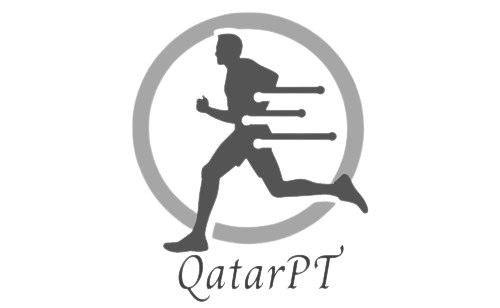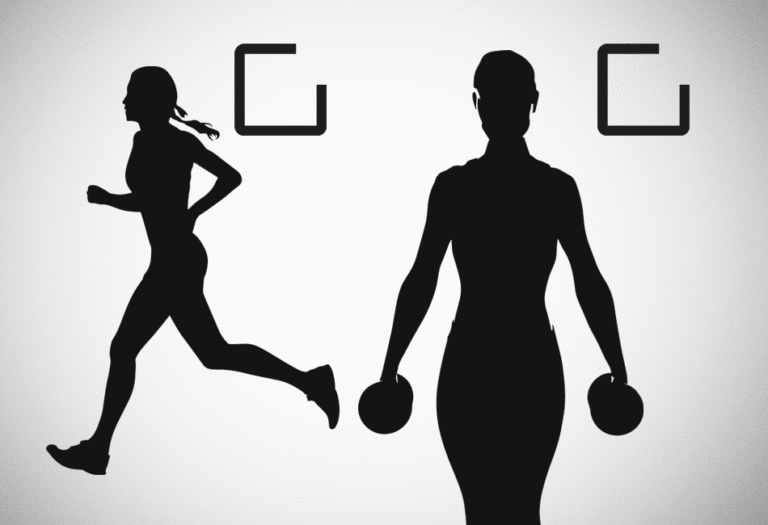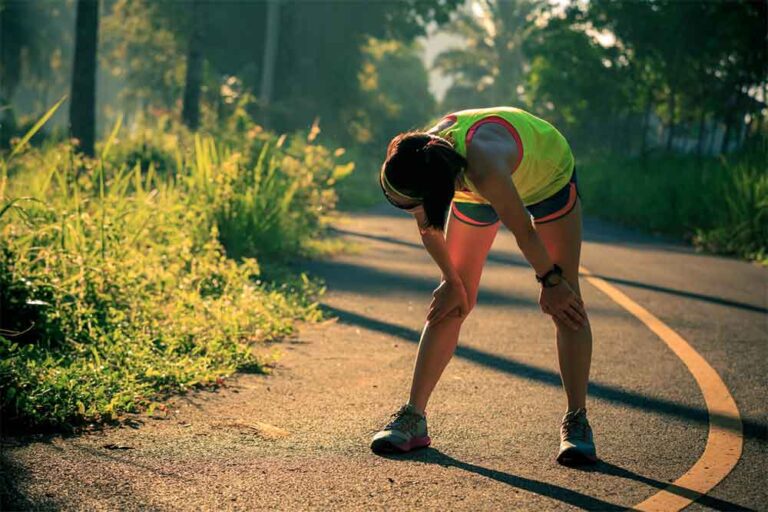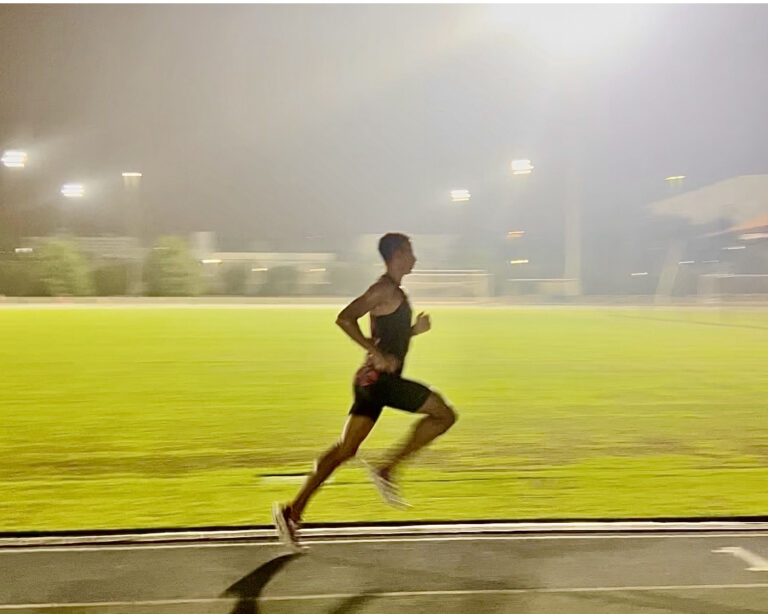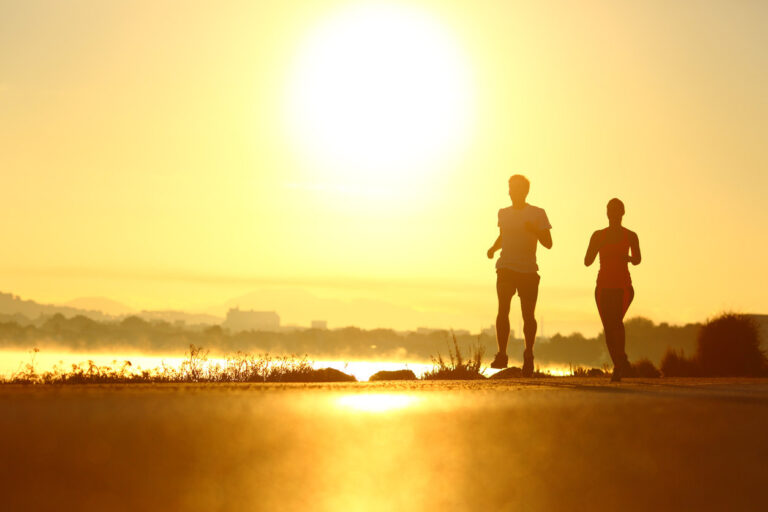Muscle cramps
Muscle Cramps التشنج العضلي
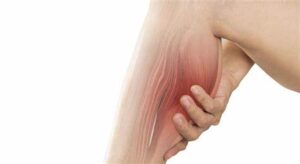
A cramp is a spontaneous, involuntary, continuous, painful muscle contraction involving one or more muscle groups, lasting from a few seconds to a few minutes.
- What are the symptoms of muscle tension or muscle spasm?
- Sudden and sharp pain.
- Cramping causing inability to move.
- Protrusion of muscle tissue under the skin.
- What are some of the causes of muscle tension or muscle cramps?
- Electrolyte imbalance: Lack of potassium, calcium and magnesium in the body.
- Excessive stress or pressure on the muscle, muscle fatigue
- Practicing some types of explosive sports, such as sprinting.
- Alcohol consumption
- Muscle injuries/strains.
- Thyroid disease
- Dehydration
- Kidney failure
- Certain medications, such as diuretics.
- Pregnancy
- Menstruation
- Inadequate blood supply to the muscle
- Excess pressure on the nerve.
3. What are the types of muscle spasms?·
Real spasms or contractions: They are contractions that occur in part or all of a single muscle, or a group of muscles that work together, such as a group of muscles that bend adjacent fingers or nerves of the legs. The cause of this type of contractions is often the increased excitability of the nerves that stimulate these muscles. This type of contractions is the most common type that affects skeletal muscles.·
Tetanus (tetanus disease): In this type, all the nerve cells are activated, which leads to the stimulation of the muscles, and these contractions or spasms occur throughout the body. One of the causes of tetanus is the tetanus poison that affects the nerves, or it can reduce the level of calcium or magnesium in the blood. ·
Non-tonic contractions: Occur when muscles that do not need to be stimulated to do a specific movement are stimulated, and these contractions affect a small group of muscles (eyelids, neck, jaws, and throat). They may also affect the hands and arms as a result of doing successive activities such as writing, typing, playing some musical instruments, etc.
4. What are the ways to prevent muscle spasm?
- Stretch the muscles before and after activity.
- Drink plenty of fluids and avoid dehydration.
5. What is the treatment of muscle spasm?
- Ensure good fluid intake while exercising, especially isotonic fluid.
- Doing sports appropriate to the ability of the body
- Eat fruits rich in potassium, such as oranges and bananas
- Stretching and relaxing the body to provide flexibility
- Make cold compresses if the pain is in the joint and if signs of inflammation
- Make hot compresses or a hot bath if the pain is in the muscle
- Wearing comfortable, appropriate sports shoes
